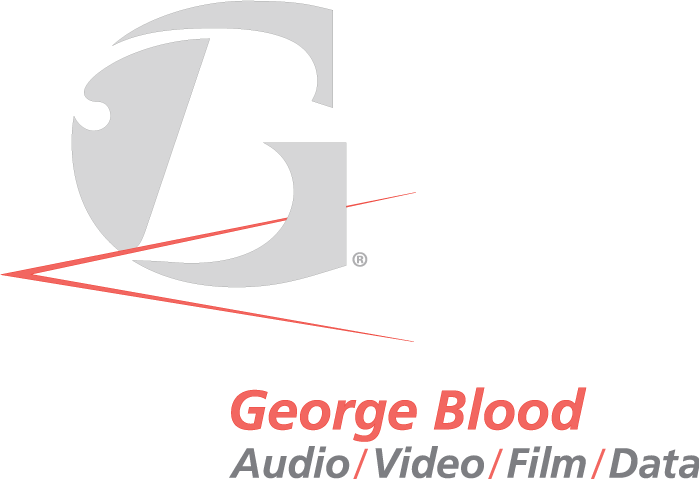Over the past few months, legislation has made its way through Capitol Hill that may have the potential to change the world of music in the public domain. After passing the popular Music Modernization Act, Congress went through with developing the CLASSICS Act to accompany the former. What started out as a tool for updating antiquated copyright law may in fact alter the relationship between the public and sound archives.
On April 25, the House of Representatives unanimously passed the Music Modernization Act. Established to combat the legal complications brought on by digital streaming services, the Music Modernization Act (MMA) attempts to bring music copyright law into the 21st century. Copyright law as it stands uses “mechanical” licensing. Essentially, while a content creator can hold copyrights for the composition (i.e. music and lyrics) of a work, anyone else can pay to obtain the mechanical license to play the recorded composition. This system has done nothing but bring on anger, frustration, and multibillion dollar lawsuits for streaming services.
In order to fix a loophole in the bill’s language, Congress introduced a piece of legislation: the Compensating Legacy Artists for their Songs, Service, and Important Contributions to Society Act (CLASSICS Act). Before the CLASSICS Act, digital streaming services like Sirius XM could play compositions by artists predating February 15, 1972 for free while gaining revenue from their subscription-based service. After outcry from legacy artists, lawmakers drafted the CLASSICS Act in order to protect legacy musicians from losing their copyright privileges; however, the bill as it stands could potentially complicate the work done by preservationists and curators.
Because the bill stipulates that copyright owners predating 1972 would have their copyrights restored, a bulk of recorded music could be taken out of the public domain. This means that public archival work like The Great 78 Project would fall into a legal gray area, and libraries/archives may not be able to preserve works that are no longer commercially viable. Critics of the bill scrutinize the length of time that recordings may not be available to the public. As it is currently written, the bill states that many recordings would not be available through public domain either 95 years from its first publication or 120 years from its creation. This begs the questions: who is copyright law trying to protect and how are these terms affecting the public?
In order to combat the impact of CLASSICS on archivists and curators, Senator Ron Wyden (D-OR) has introduced The Accessibility for Curators, Creators, Educators, Scholars, and Society (ACCESS) bill. When introducing the bill to the senate, Senator Wyden said, “The ACCESS to Recordings Act . . . would help preserve our cultural heritage and open up older works to rediscovery by scholars, creators and the public.” Through the ACCESS Act, the public may reassert their right to cultural heritage and the act of preserving it.
How do you feel about the CLASSICS Act? How might it impact you?


